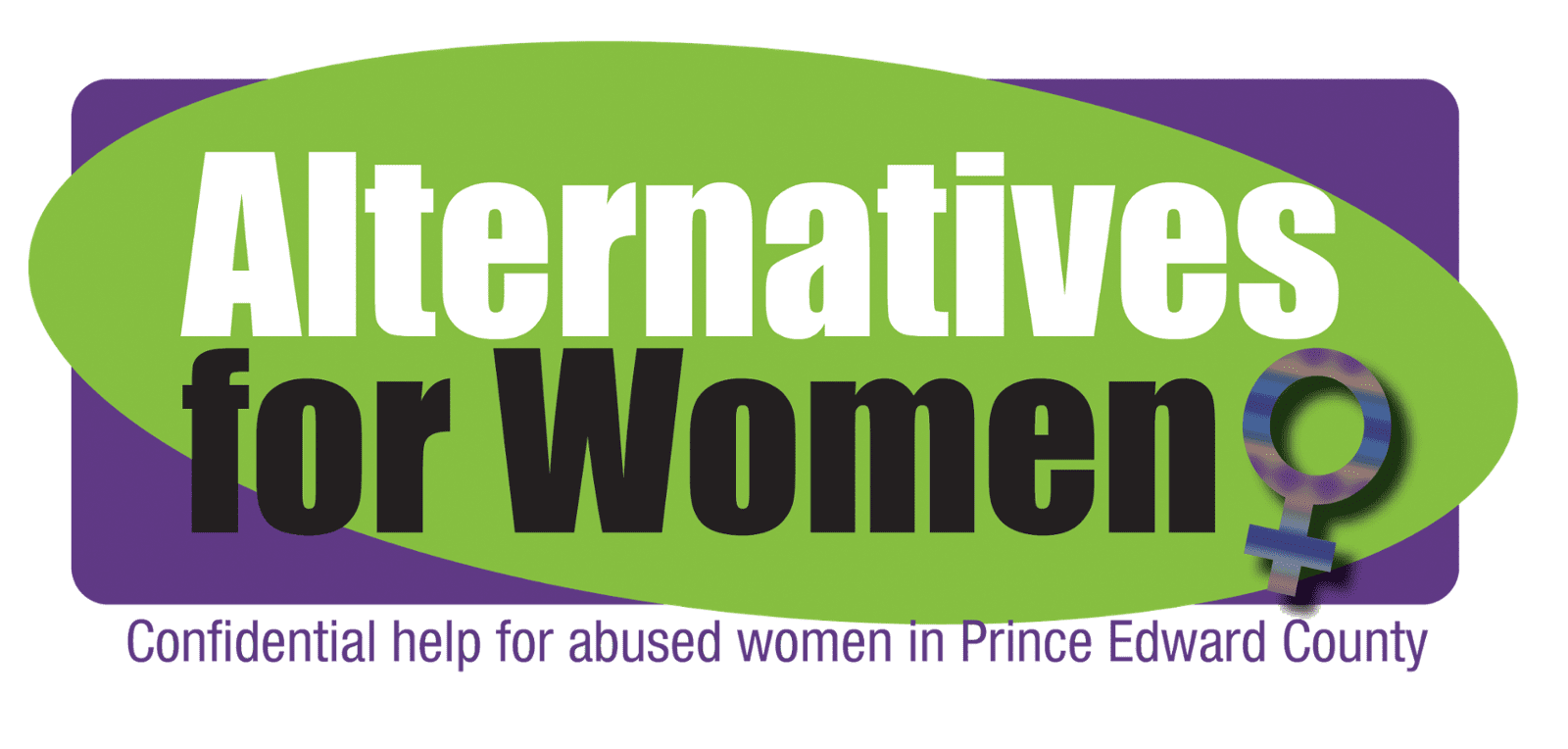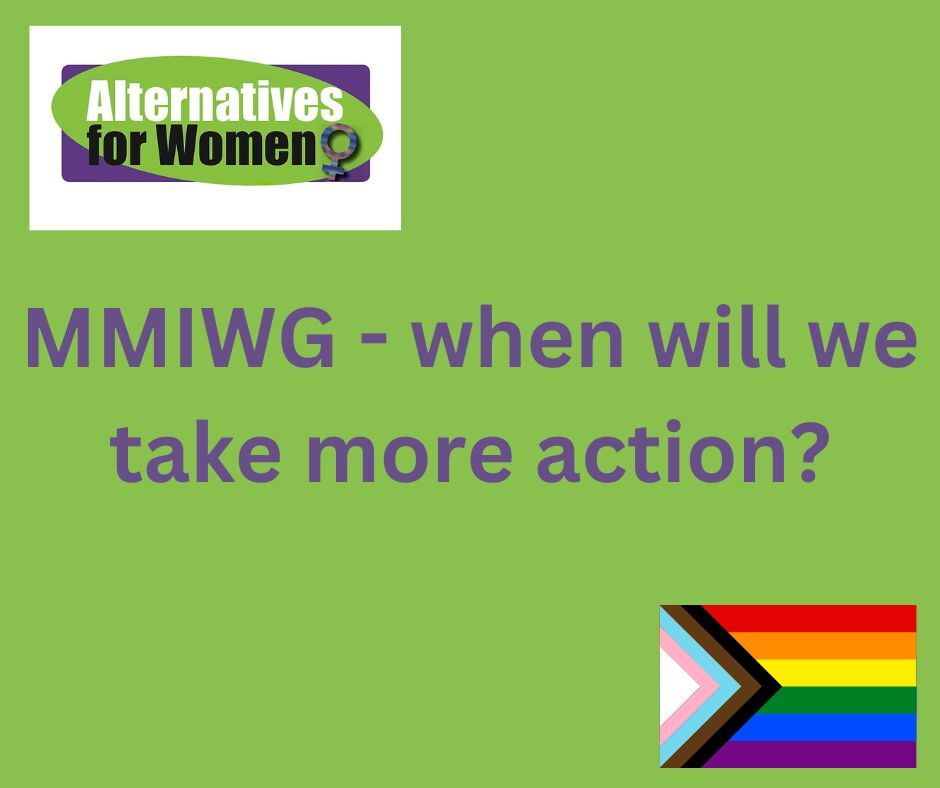Changes need to be made
This year marks four years since the National Inquiry into Missing and Murdered Indigenous Women Girls and Two-Spirit People filed its final report. Like so many other reports, this one seems to be sitting on a shelf and gathering dust. Two of the 231 Calls to Action have been acted on, and maybe half of the rest have been started to be addressed. But like so many other reports, this one is languishing.
Those who wrote the Report, and those who worked on the Inquiry, wanted these Calls to be legally binding. Unfortunately, they are not, but even so the argument can be made that they are morally binding.
They are morally binding, not just because Indigenous women, girls and two-spirit people are disappearing and being murdered. This should be enough. But Indigenous women, girls and two-spirit people disappear and/or are murdered at rates far higher than that of the rest of Canada’s female population. One fifth of the women killed by an intimate partner are Indigenous, even though Indigenous women are only one-twentieth of the female population in Canada. To make it simpler, last year out of 53 women killed by an intimate partner, 11 were Indigenous. And these statistics only represent the murders we know about, not those of Indigenous women, girls and two-spirit people who have simply disappeared and have gone unreported.
Those women, girls and two-spirit people, whether or not they are represented in the official statistics, are mourned and missed by the families and friends who loved them. The National Inquiry, while collecting stories and evidence across the county, encountered many grieving families whose mothers, sisters, daughters, and/or two-spirit family members had been found murdered or not found at all. There were, and still are families, who have lost multiple family members.
But to say lost is a euphemism. These women, girls and two-spirit persons have been killed or made to go missing by other people. Certainly, some of them left their homes of their own volition. However, the individuals and institutions (formal and informal) that they encountered after they left home directly contributed to them never being seen alive again.
Even now Indigenous families and communities continue to lose sisters, daughters, mothers, grandmothers, aunts. The National Inquiry named this a genocide. Some dispute this naming, and yet when we consider the definition proposed by Raphael Lemkin (one of the framer’s of the UN’s definition of genocide), it fits. He says that genocide includes actions that lead to the “disintegration of political and social institutions, of culture, language, national feelings, religion, and the economic existence of national groups, and the destruction of the personal security, liberty, health, dignity, and even the lives of individuals belonging to such groups.”
Canada’s colonial past relied specifically on the disintegration of the political and social institutions of Indigenous peoples. So too have there been effective arguments made about the destruction of personal liberty, health and dignity for Indigenous individuals. Most recently this can be seen in the ongoing racism faced by Indigenous people in the healthcare system. And we cannot forget the impacts of intergenerational trauma. The intersectional racism and gender-based violence, coupled with intergenerational trauma are central to how Indigenous women, girls and two-spirit people have become so marginalized that they are the most likely members of our society to face violence.
And this is how they become statistics that we read about and dismiss because they are just numbers, not real people. But behind each number is a set of relationships, and a community that has been devastated by the disappearance of one of their members and the destruction of those relationships. We as a society know this is a problem and we have been given the information on how to help by the National Inquiry into Missing and Murdered Indigenous Women Girls and Two-Spirit People. And yet, four years later, there are still 229 of the 231 Calls to Action that need to be enacted.

